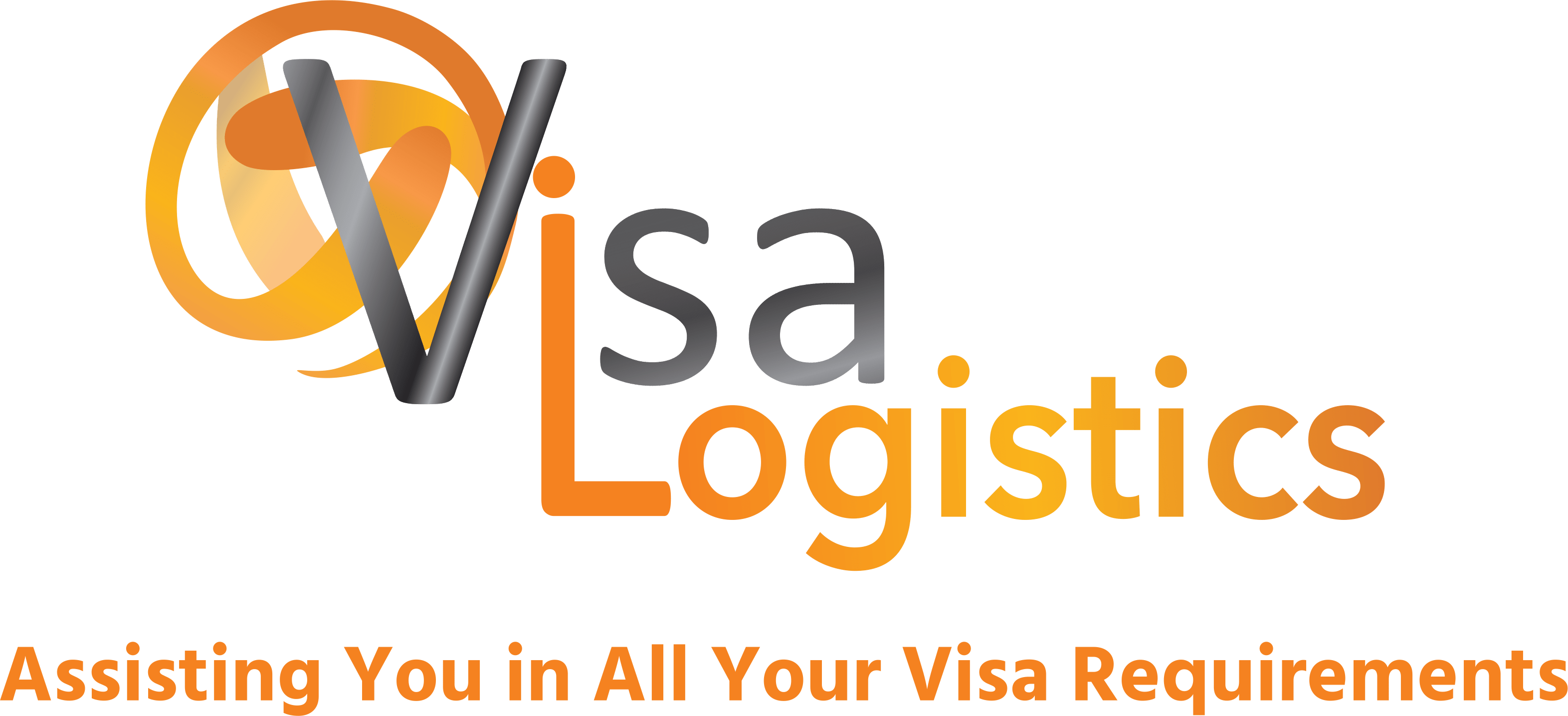What’s the Difference Between Apostille and Authentication?
Are you confused about the terms “Apostille” and “authentication” when it comes to legalizing your South African documents for international use? Understanding the difference between these two processes is important for the smooth legalization of your documents abroad.
In this blog, we’ll look at the differences between Apostille and authentication and how they impact South African documents.
Apostille vs. Authentication: What’s the difference?
Apostille and authentication are two distinct processes used to verify the authenticity of public documents issued in South Africa. While both serve the purpose of legalizing documents for international use, they differ in their scope, recognition, and application.
Apostille:
Apostille is a simplified certification of public documents, typically issued by designated authorities in countries that are party to the Hague Convention. The Apostille certificate validates the authenticity of the document and is recognized by member countries without the need for further authentication.
Authentication:
Authentication, on the other hand, is a broader process that involves verifying the legality and authenticity of documents for international use. Unlike Apostille, authentication may be required for documents intended for use in countries that are not party to the Hague Convention or have specific requirements for document legalization.
Key Differences:
- Legal Recognition: Apostille certificates are universally recognized by member countries of the Hague Convention, streamlining the legalization process for South African documents. Authentication, however, may vary in recognition and requirements depending on the destination country’s regulations.
- Process Requirements: Apostille certification follows a standardized process outlined by the Hague Convention, making it relatively straightforward for South African documents. Authentication, on the other hand, may involve additional steps or requirements specific to the destination country’s legal system.
- International Acceptance: Apostille certificates are widely accepted for use in member countries of the Hague Convention, facilitating seamless document legalization for South Africans. Authentication may be necessary for documents intended for use in non-member countries or those with unique legalization requirements.
How Visa Logistics Can Help
When you team up with Visa Logistics, dealing with Apostille and authentication processes becomes much simpler. Our team has plenty of experience with both procedures and can walk you through each step to make sure your South African documents are properly legalized without any hiccups.
While Apostille and authentication might seem similar, they have their own unique roles in making sure your South African documents are accepted internationally. It’s important to understand these differences to make the legalization process smooth. With Visa Logistics, you can trust that your documents will be authenticated or Apostille-certified correctly, no matter where you’re headed.
Ready to get your South African documents ready for international use? Reach out to Visa Logistics today to find out more about how we can help with Apostille and authentication services. Let’s make sure your documents are recognized worldwide!
